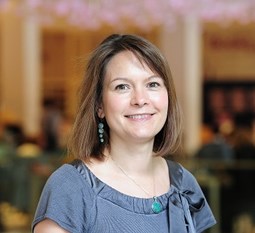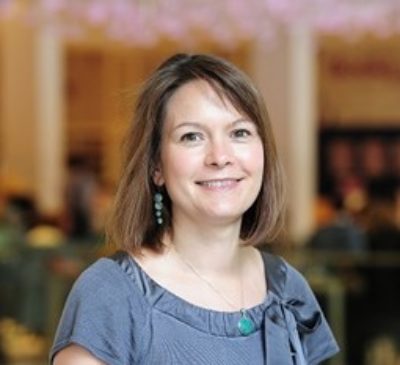

We need to listen to the voices of those affected by pancreatic cancer
Anna Jewell, Director of Support, Research & Influencing, on the need to listen to the voices of those affected by pancreatic cancer.
For far too long we have not heard enough from those diagnosed with pancreatic cancer about what it is like to have this disease. Previously I have worked in both breast and prostate cancer where there is wealth of information about the symptoms people experience and literature on interventions to help those diagnosed manage those symptoms. But the voices of those with pancreatic cancer have been silent. When I joined the charity I was shocked by the lack of research into the experience and needs of those with pancreatic cancer. While we have a National Cancer patient experience in England, problems with the survey methods mean participation by pancreatic cancer patients is low, even more so for inoperable patients.
I was a lay member of the group developing the NICE guidelines on the management of pancreatic cancer. I knew through our services at Pancreatic Cancer UK that people with pancreatic cancer have significant emotional and psychological needs. The lay members on the committee felt passionately that we should make a recommendation about providing psychological support, but there was no published evidence to allow us to do this we could only highlight it as an area of need.
At Pancreatic Cancer UK we wanted to give a voice to those affected, and evidence their needs. We commissioned a team from Oxford Brookes University and The Picker Institute to carry out a survey of people with pancreatic cancer. We are incredibly grateful that 274 people took the time to share their experiences.
The full results were published in BMJ open and show that those diagnosed with pancreatic cancer have significant unmet information and support needs. Psychological and physical support are the biggest gaps in care and 49% of respondents reported one or more moderate/high unmet needs within the last month. The article concludes that ‘Needs should be assessed and supportive care interventions implemented from the point of diagnosis, and monitored regularly to help patients live as good a quality of life as possible.’
At Pancreatic Cancer UK we are ensuring the results feed into our own service development, in particular our Living with Pancreatic Cancer Support Days. We are also ensuring we cover some of the support needs identified at our study days for health professionals and share the research findings.
We will also work with clinical specialists and NHS commissioners so that people with pancreatic cancer have immediate access to early supportive care for physical and psychological needs, ensuring everyone diagnosed as a holistic needs assessment would help to achieve this.
As a pancreatic cancer community we need to listen to these voices and act to improve the supportive care provided to people with pancreatic cancer. We need health professionals, researchers and those affected to work together to find ways to best meet these support needs. The data from the survey has been made open source to help with this work. Please let us know if you use this data to help improve care in your area.
